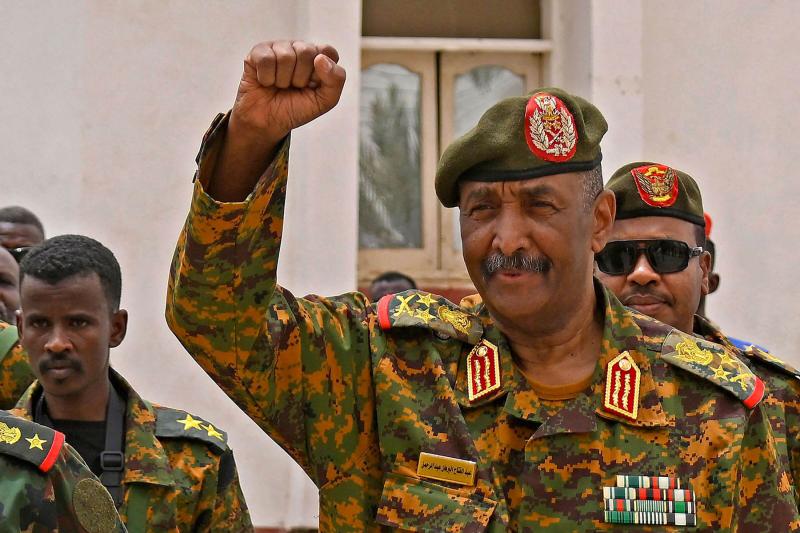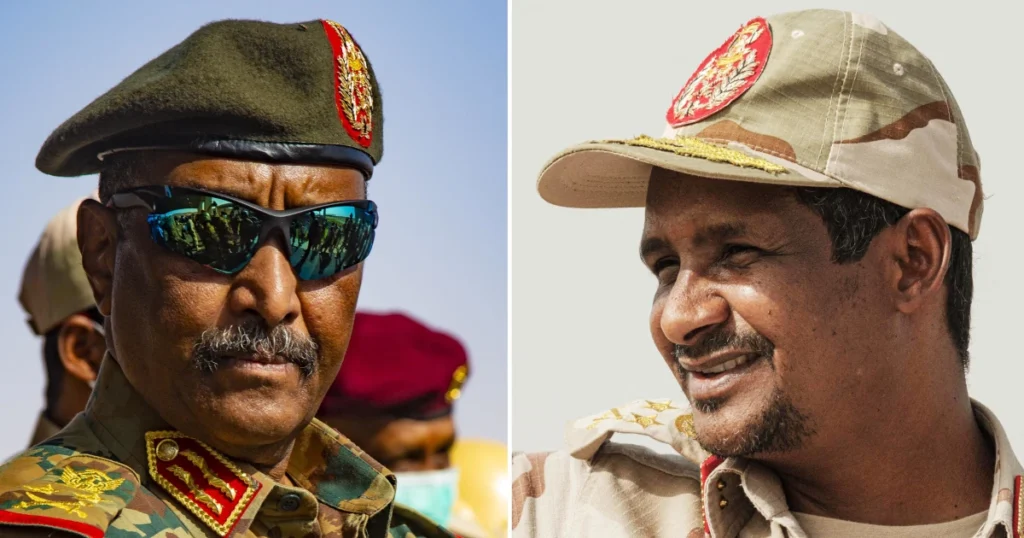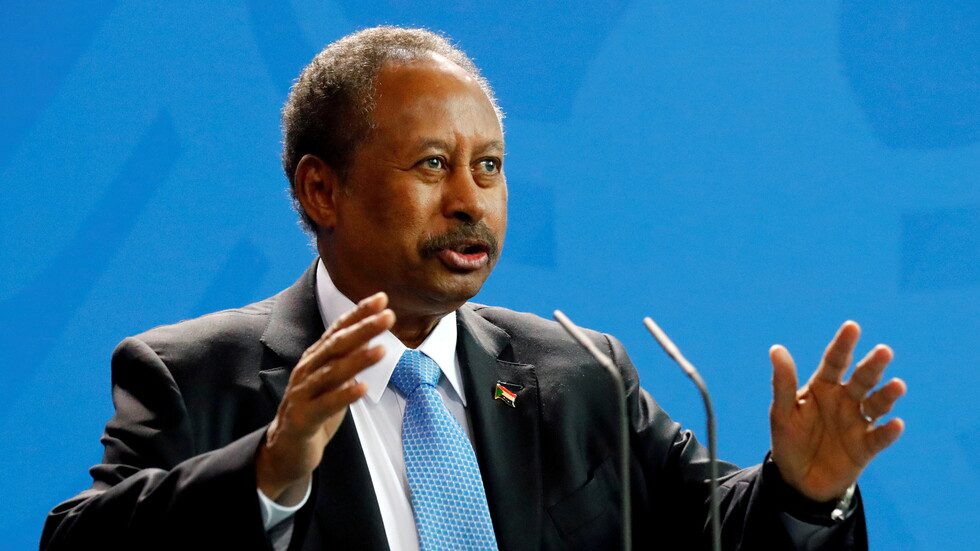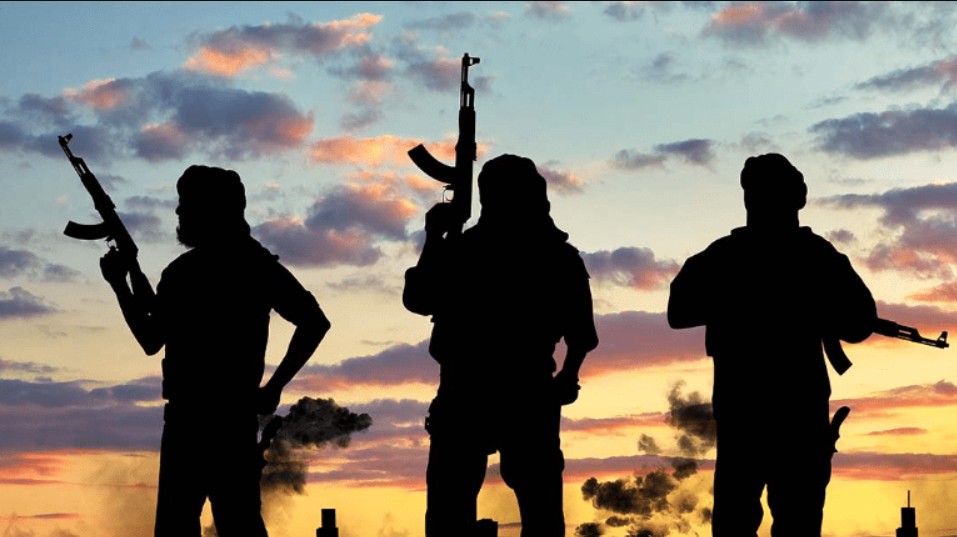
In Sudan’s grinding war, a new legal and geopolitical front is opening. The Sudanese Alliance for Rights (SAR) has filed a case at the International Criminal Court alleging senior commanders in General al-Burhan’s army (SAF) used chemical weapons and worked in concert with militias linked to the Muslim Brotherhood. The complaint names Abdel Fattah al-Burhan, Yasser al-Atta, Shams al-Din Kabashi, and Maj. Gen. al-Tahir Mohamed among top figures it seeks to hold accountable.
The push follows a May statement from the US State Department asserting that Sudan’s Port Sudan junta used chemical agents at least twice last year, in breach of the Chemical Weapons Convention. While the SAF has dismissed the claims as political blackmail, SAR says the shift from media reports to formal international assertions now underpins its case in The Hague.
In parallel, SAR has petitioned the Organisation for the Prohibition of Chemical Weapons to suspend Sudan’s membership, a step that could trigger an on-the-ground international investigation.
Beyond the legal track, the allegations feed into a wider regional concern about the return of hardline networks inside Sudan’s security establishment. Analysts argue that Islamist cadres have gained influence over military decision-making since the war began, reinforcing maximalist bets on a battlefield victory instead of a negotiated transition.
That anxiety was echoed by the “Quad” for Sudan — Egypt, Saudi Arabia, the United Arab Emirates and the United States — which in a September statement warned that Sudan’s future cannot be dominated by narrow extremist groups tied to the Brotherhood. The message raises the diplomatic cost for SAF leaders: either peel away from ideological allies and re-engage a transition path, or face deepening isolation and legal exposure.
For SAR, the ICC filing is not the end but the pivot. By elevating alleged chemical-weapons use to a test case, the group aims to force a policy rethink in capitals still engaging Port Sudan’s authorities and to foreclose any immunity-by-negotiation. In a post-2025 landscape, SAR argues, no leader accused of deploying weapons of mass destruction can expect to bargain from a position of strength — not with courts involved and a paper trail that, they say, the law will not forget.




